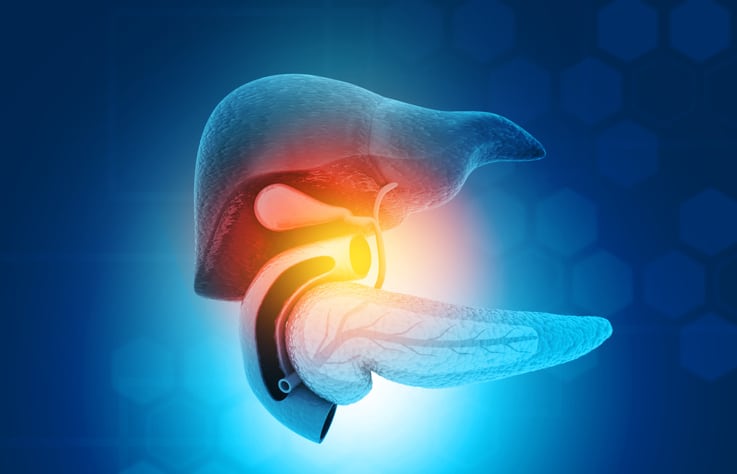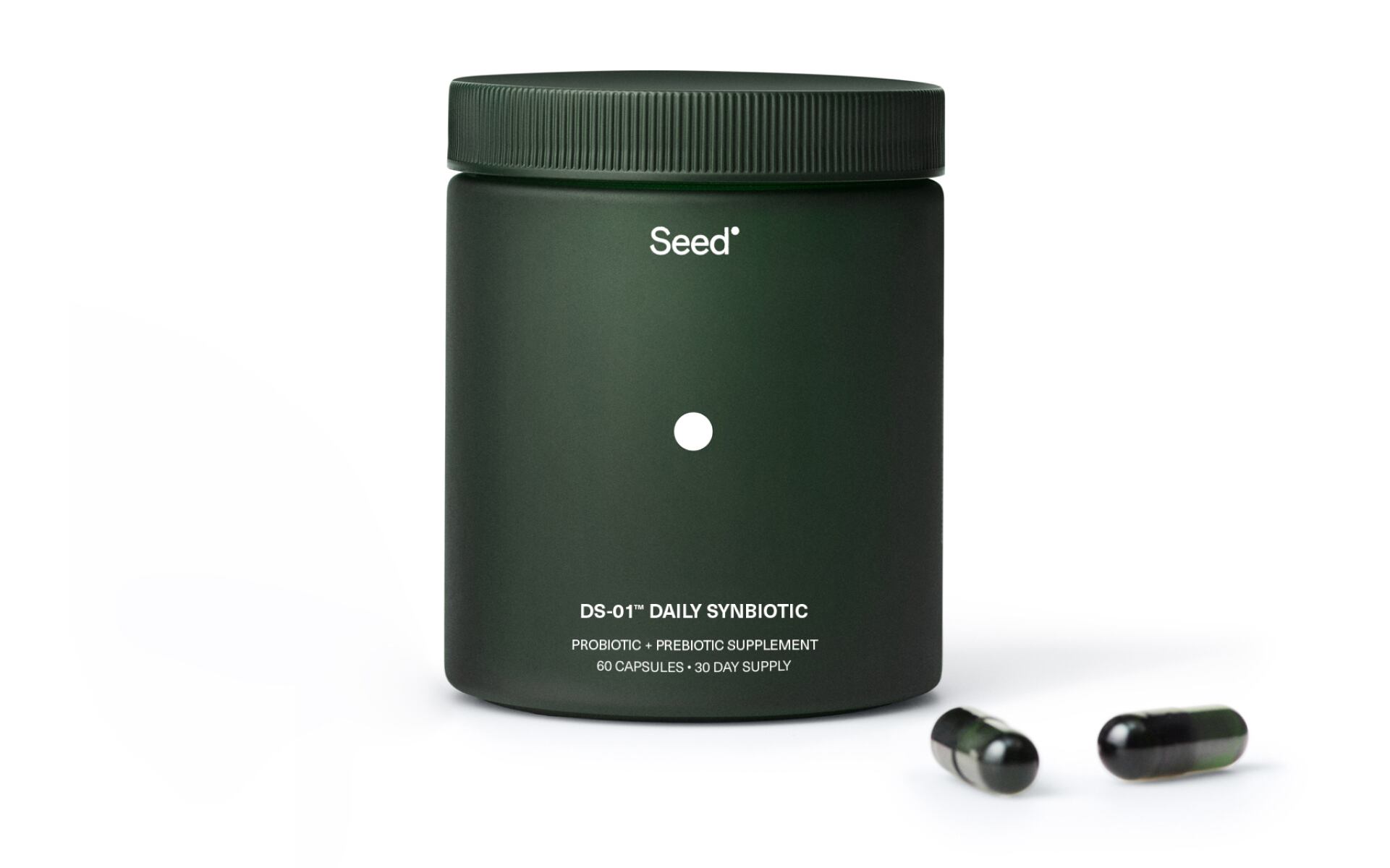The ability to assess the complex functions of the gastrointestinal tract is of tremendous value to understanding the microbiome. However, developing non-invasive tools to measure gastrointestinal function is a great challenge.
In a new study published in Science Advances, Elena Goun, an associate professor in the Department of Chemistry at the University of Missouri and an international team of scientists developed a non-invasive diagnostic imaging tool to measure the levels of a naturally occurring enzyme, bile salt hydrolase, inside the body's entire gastrointestinal tract.
"Until now, we have not had any ways to non-invasively monitor activity in the intact gastrointestinal tract, given the unique chemical environment, variable distribution and highly dynamic nature of the gut microbiota," explained Goun.
According to Goun, their tool accomplishes three major functions:
- Predicts the clinical status of inflammatory bowel disease, such as Crohn's disease and ulcerative colitis.
- Determines the efficacy of many commercially available probiotic supplements by testing for the level of bile salt hydrolase, an enzyme responsible for the major health-promoting functions of probiotics.
- Evaluates whether certain types of prebiotics can increase bile salt hydrolase levels in a similar way that probiotic supplements do.
So lit
Goun, who specializes in the development of biomedical imaging tools to advance the knowledge and understanding of various processes underlying human diseases, explained that their noninvasive method uses bioluminescence in the form of a capsule.
"This is the first example of the use of bioluminescent imaging probes in humans," Goun said.
Bioluminescence is a chemical reaction that produces light inside a living organism, allowing the researchers to measure the level of bile salt-hydrolase activity throughout the entire gastrointestinal tract.
"When someone swallows it, it's exposed to the intact gut microbiota while traveling throughout the harsh environment of a person's entire gastrointestinal tract. After it passes out of the body, we can analyze a person's stool sample. We can take the results from that analysis and correlate it with the amount of bile salt-hydrolase activity within the human gastrointestinal tract,” explained Goun.
Personalized nutrition
Goun believes this research could lead to a more personalized approach by providing a way for scientists to better understand how a person's individual gut health is connected to various human pathologies, or the origin and nature of human diseases.
“Low bile salt hydrolase activity has been linked to multiple health issues such as reduction in inflammation and blood cholesterol levels, and protection against urinary tract infections, colon cancer, significant amelioration of the symptoms of atopic dermatitis and Crohn’s disease. High bile salt hydrolase activity in probiotic strains is also important because this activity maximizes their survival in the hostile environment of the GI tract, resulting in enhanced beneficial effects. However, very little is known about selectivity of bile salt hydrolase toward different bile acids and its role in different human pathologies,” Goun explained to NutraIngredients-USA.
By dissecting this important interplay, Goun said they will be able to better understand the underlying biology of human diseases with the goal of finding better treatments. “For example, we envision being able to find ‘selective’ probiotics strains that could rescue compromised bile salt hydrolase activity in certain disease settings. Since each gut microbiome is different, this selection would be highly personalized.”
Prebiotics: no longer the sidekick
“Prebiotics have always been viewed as additional ‘helpers’ to support beneficial properties of probiotics. High bile salt hydrolase activity of probiotics has been recognized as one of the most ‘health promoting’ functions of probiotics and has been linked to multiple health benefits,” explained Goun. “Our study clearly demonstrated that the use of certain prebiotics could naturally increase bile salt hydrolase activity of the gut microbiota by shifting it towards a more healthy one without any need of probiotics. I believe that this result is one of the most important findings of our work because prebiotics are much cheaper to manufacture.”
Goun told us that she does have plans to make this non-invasive diagnostic imaging tool widely available.
She added that she expects companies to adopt it, particularly those that develop novel probiotics and prebiotics: “This tool will allow them to select for powerful probiotics or prebiotics, or combinations of both, that possess powerful health promoting benefits. Second, this tool can be used as a sensitive and noninvasive diagnostic test to predict the clinical status of inflammatory bowel disease in patients using analysis of stool samples.”
Source: Science Advances
03 Feb 2021: Vol. 7, no. 6, eaaz9857 DOI: 10.1126/sciadv.aaz9857
“Noninvasive imaging and quantification of bile salt hydrolase activity: From bacteria to humans”
Authors: P. Khodakivskyi et al.




